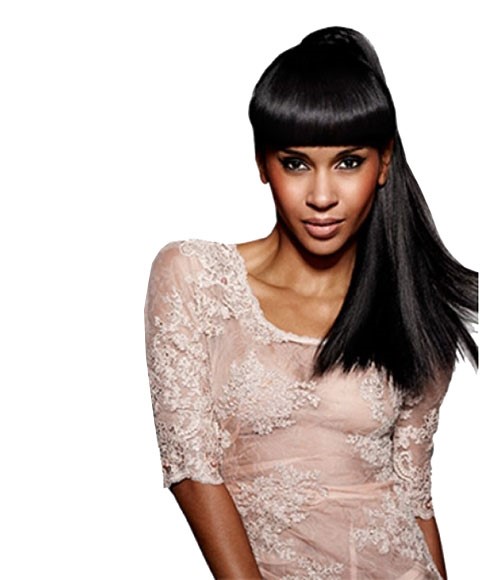

When Kim "broke" the internet in 2014 by recreating a controversial Jean-Paul Goude photo for the cover of Paper magazine (Goude's sig- nature involves augmenting the dimensions of his subjects to more "exotic" proportions), the obsession with her butt became inextricably linked with rising consumer interest in butt lifts. The influence of this family can be traced in plastic surgery trends, in beauty-product categories, in magazine sales, and in scholarly discussions. Her braids drew familiar accusations of appropriating Blackness. Kim Kardashian West at Paris Fashion Week in early 2020. If not up to personal standards at the beginning of an episode, then transparently, publicly, the family would augment into something more by the end of it, with no budgetary barriers to prevent aesthetic hurdles from being overcome. Makeover shows have been television's bread-and-butter for decades, but Keeping Up With the Kardashians brought that narrative of "self-improvement" into the realm of the already famous, the already beautiful. You can't consider their impact without analyzing how they engage in public conversations about their own bodies and race, and how they transform that conversation into a profit stream- by making it a plot point in their show and products in their beauty lines (which include, at press time, KKW Beauty and Kylie Cosmetics Khroma Beauty is no longer with us). It's hard to untangle just how much of the Kardashians' influence has to do with their personal success, and how much of it has to do with having a high-profile person to platform the fetishization of Blackness in America. They have been able to capitalize off Black bodies, and people will want to emulate that." In an interview discussing the term and its participants, Instagram influencer Ericka Hart explained how the Kardashians' overwhelming popularity "can't be overlooked. The term was coined by culture writer Wanna Thompson who, in 2018, started a viral Twitter thread of "white girls cosplaying as Black women on Instagram." The thread was retweeted almost 30,000 times the responses were rife with Kardashian lookalikes. Stemming from the racist practice of blackface, blackfishing specifically describes when people use tools like makeup, Photoshop, and cosmetic surgery that make them appear more Black. And then she wears Fulani braids, attributes the style to a white woman, and the cycle of enmity and celebrity goes on.ĭuring the Kardashian reign, a new term was coined to describe the suddenly rampant phenomenon of racial performance on social media: blackfishing. In another, she's browned enough to garner accusations of blackface and having to address that on the show. In one photo, Kim may look California pale, with white-blonde hair and heavy, black sunglasses.


 0 kommentar(er)
0 kommentar(er)
